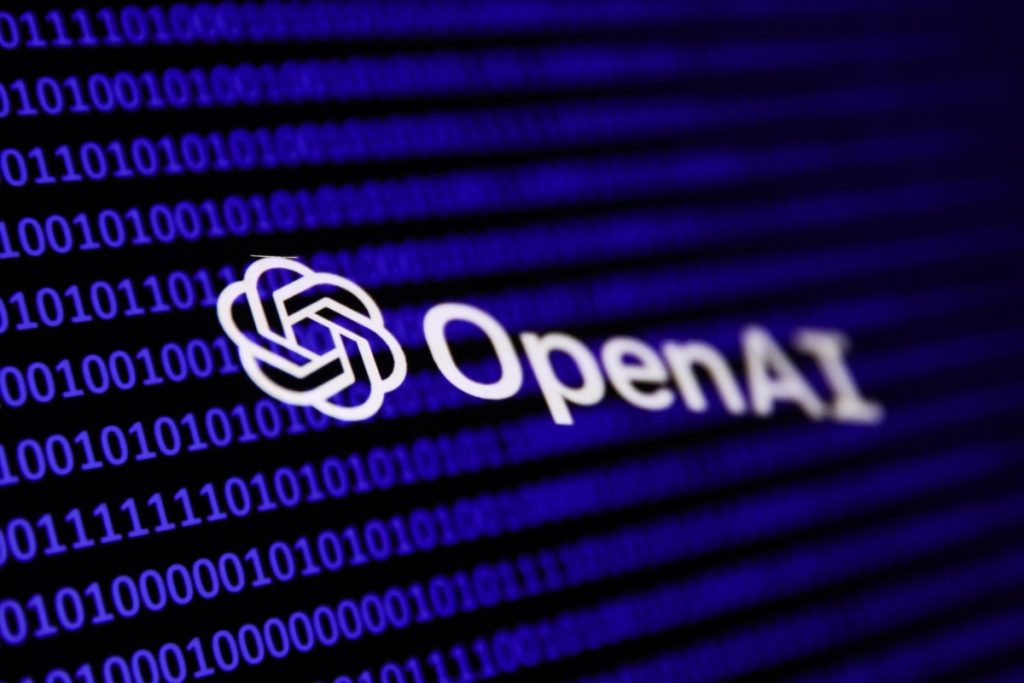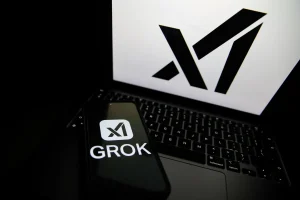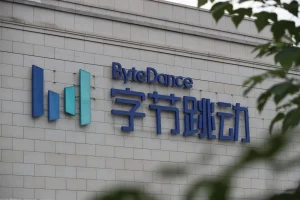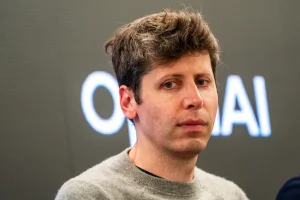The Promised Opt-Out Tool A Call for Progress

In a world where AI rapidly evolves, OpenAI promised an opt-out tool for creative works by 2025. The anticipated solution, known as Media Manager, aimed to empower creators to control their content’s inclusion in AI training. Yet, as the deadline approaches, the tool remains unseen, because hopes and concerns grow.
OpenAI first declared the initiative in May, envisioning a tool to manage copyright preferences across multiple sources. With Media Manager, creators looked forward to a simplified process for content protection, potentially minimizing legal conflicts. However, as time passes, the absence of updates raises questions. Why has progress stalled?
The Landscape of AI and Intellectual Property
AI models, like those of OpenAI, learn from vast amounts of data. They analyze patterns to predict outcomes. For example, ChatGPT can compose emails, while Sora generates video content. This makes AI a powerful tool for creativity.
However, the capability to replicate data raises concerns. AI often reproduces content without permission, upsetting creators. Many creators are taking legal action. They argue that their work was used illegally. Some major names have even joined the lawsuits.
These legal battles highlight a critical issue. The balance between innovation and intellectual property rights is delicate. OpenAI must navigate this landscape carefully to avoid continued disputes.
OpenAI’s Current Opt-Out Options
OpenAI has introduced ways for creators to exclude their work from AI training. A form lets artists flag material they want removed. Webmasters can also block data scraping. Despite this, many criticize these methods as insufficient.
Critics argue the process is cumbersome and incomplete. There are no special mechanisms for written works, videos, or audio. For images, creators must submit a copy and description. This makes opting out a hassle.
Media Manager was set to revolutionize this, but has yet to debut. It aimed for a comprehensive solution, using cutting-edge machine learning. Yet OpenAI has stopped talking about it.
Without clear details or a launch date, creators remain in limbo. The promised improvements still hang in uncertainty.
Challenges and Scrutiny in Implementation
Even if Media Manager was released, doubts persist. Experts question its potential to ease creators’ worries. Other large platforms struggle with content ID at scale.
Ensuring creator protections is challenging. Legal standards differ across jurisdictions. Managing this adds complexity. It’s unclear if OpenAI can achieve these ambitious goals.
Additionally, some believe the responsibility placed on creators is unfair. They might unintentionally permit their works’ use. This adds to the creators’ burden.
Moreover, the tool might not address content transformations. Modifications to works further complicate copyright issues. OpenAI needs to consider these nuances.
OpenAI’s Legal Strategies
In lieu of Media Manager, OpenAI relies on filters to curb data reproduction. These measures aren’t perfect, but they mitigate some issues.
Currently, OpenAI leans on fair use arguments. They claim AI transforms content, avoiding plagiarism. A past case ruled Google’s book copying legal. This could set a precedent for OpenAI.
Despite ongoing legal fights, OpenAI is optimistic about its fair use stance. The company stresses the necessity of copyrighted materials for effective AI.
If victorious in court, Media Manager’s legal purpose dims. OpenAI might rethink its approach and priorities.
The Promise of Media Manager
Media Manager was set to standardize opt-out procedures in the AI industry. It touted high-tech solutions for creators to manage content rights.
But since its announcement, OpenAI has gone silent on the tool’s progress. Past updates only reaffirm its development, with no concrete details.
The wait continues for creators seeking clearer copyright protections. The anticipation highlights the pressing need for ethical AI practices.
Meanwhile, creators navigate an evolving digital landscape. Their vigilance remains key in safeguarding intellectual property.
Conclusion: Progress on the Horizon
The missing opt-out tool underscores a broader issue. The need for balance between AI progress and intellectual property protection is clear.
OpenAI’s efforts to address these concerns remain in progress. A comprehensive solution requires dedication and innovation.
As the AI landscape continues to evolve, ongoing dialogue is essential. Collaboration between creators and AI developers will shape the future.
The path to effective copyright protection in AI is full of challenges. OpenAI must prioritize Media Manager’s completion to protect creators.
In resolving these concerns, OpenAI can foster trust and innovation. The journey toward these goals continues, promising a brighter future.





